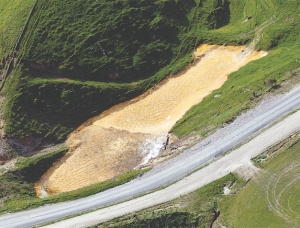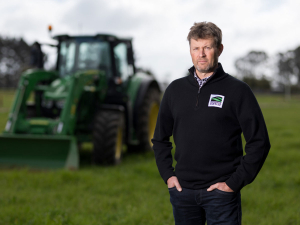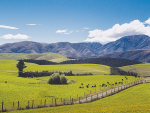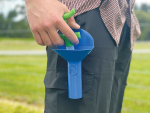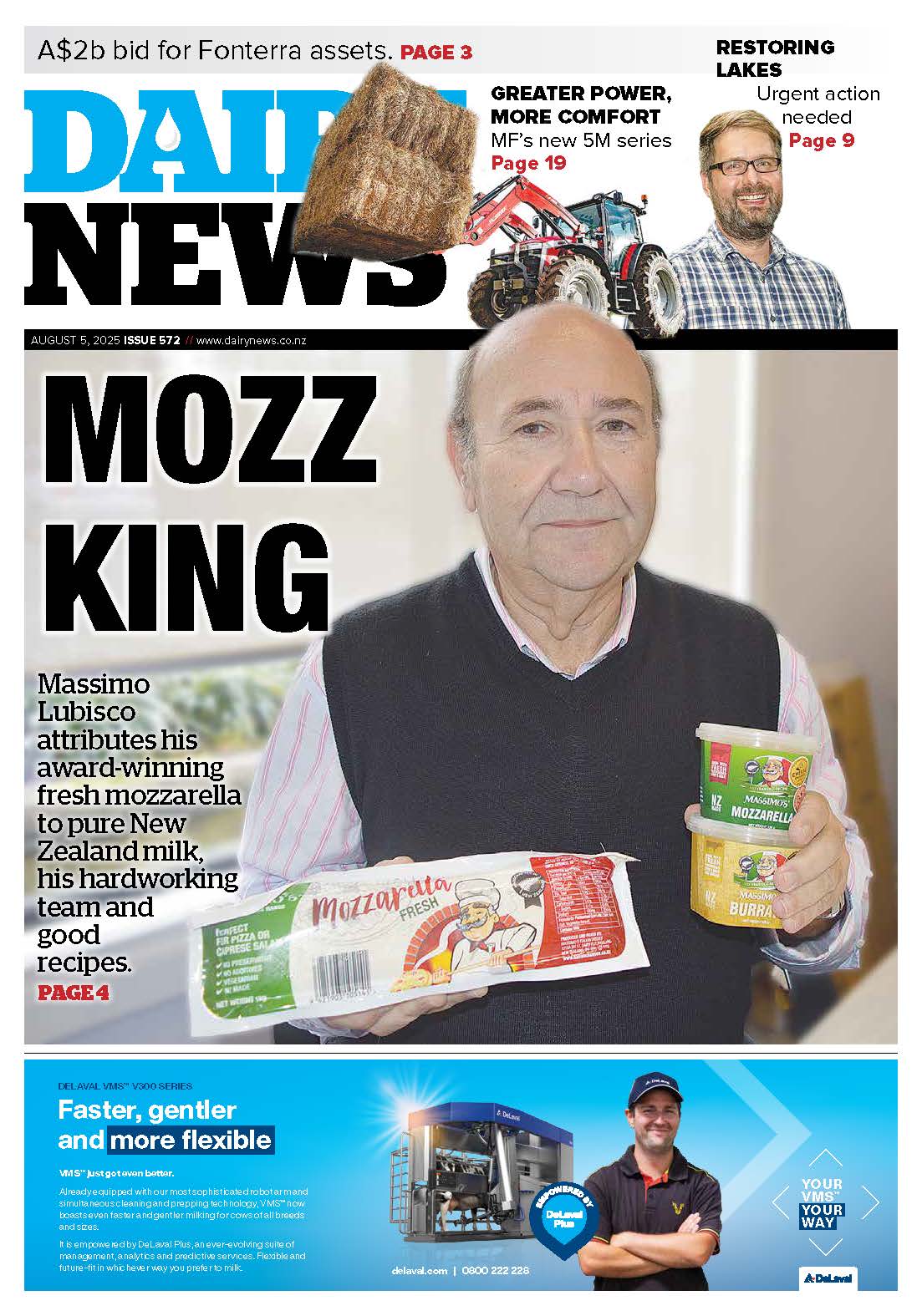But Fonterra has been told not to dump any more buttermilk at the Atiamuri property and WRC is investigating the “authorisations” for the buttermilk ‘lake’.
Fonterra has been dumping the buttermilk from several plants in Waikato and Bay of Plenty as it grapples with massive extra production caused by spring growth. Milk production is up 10% on average and Fonterra’s processing and normal disposal systems are not coping.
Environment Waikato’s compliance and education manager Rob Dragten told Dairy News they are now reasonably satisfied the material poses no significant risk to the environment. But Fonterra has been told to desist, he adds.
“Milk by-products are produced year-round by processing plants and a range of companies have resource consents to spread this material as fertiliser on land. It has nutrients useful for farms growing grass so spreading on land is a good way to dispose of it.”
Fonterra chief executive Theo Spierings says Fonterra is not spilling milk, just some products, including buttermilk, not being processed. “Processing is at capacity because it is a very big year – much bigger than the first half of last year before we had the drought,” he told Dairy News.
The co-op is storing some buttermilk to be used as calf feed. The peak is expected to last four to six weeks.
Dragten says early signs point to the spring flush as the cause, meaning more buttermilk is being produced than usual, and more than can be spread immediately, so it has been temporarily stored in the lake awaiting spreading as soon as possible.
“We’re now having to look at rules on how this material was placed and [under what] circumstances; that forms the next stage of our inquiry. In general terms consents are required for any kind of contaminants on land where they may potentially end up in water – surface or groundwater. In this case we are relatively satisfied this discharge has been handled well so we are not concerned from an environmental perspective.”
But Dragten says they are in contact with the people involved in the decision making – how the decisions were made and the authorisations, which could take months.
Milk products are toxic to water because they strip the oxygen out of it, he says. “Everything that lives in the water needs oxygen to survive so it can be catastrophic if large volumes get into waterways. But it’s routine and normal practice for by-products from milk processing to be spread on land as fertiliser and the residual components in the milk products provide a good supply of nutrients back to the land and grow more grass.”





